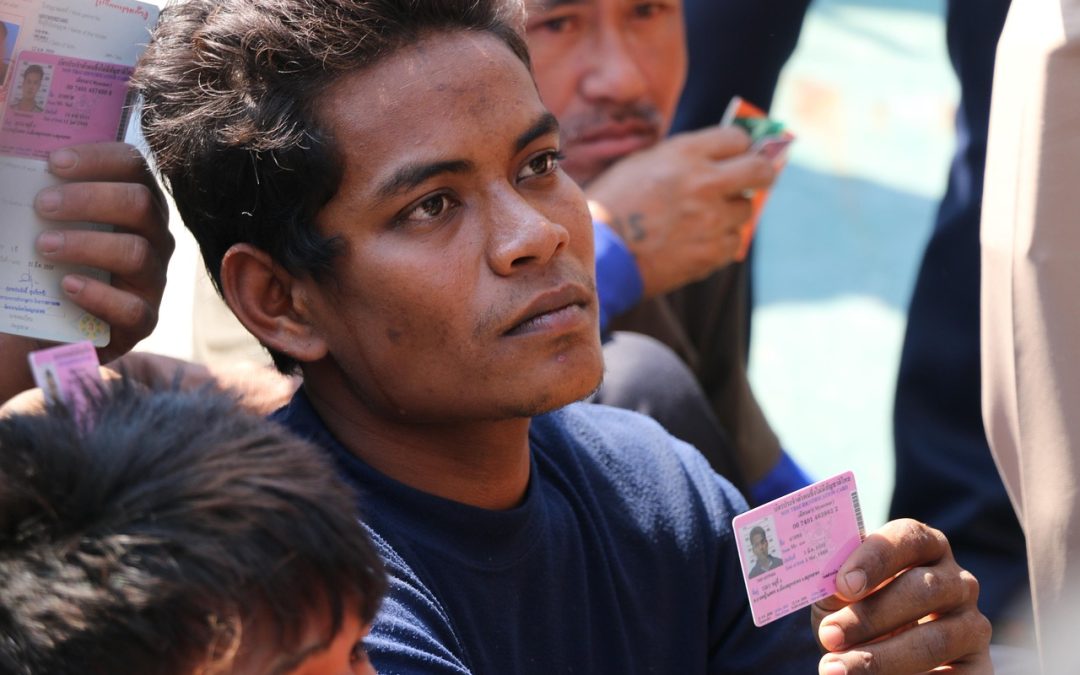When interacting with law enforcement, it’s essential to know what information you’re legally obliged to provide. This knowledge can help you navigate encounters safely while also asserting your rights appropriately. In this post, we’ll delve into the nuances of what you must share with the police and what you can politely decline to discuss.
Understanding Stop-and-Identify Laws
In the United States, the majority of states have stop-and-identify laws, which require individuals to provide identification or identify themselves upon request. These laws aim to facilitate police investigations and ensure public safety. However, it’s crucial to understand the specific requirements and limitations of these laws in your state.
In many states, police can detain you briefly if they have reasonable suspicion that you’re involved in criminal activity. During such stops, you may be asked to identify yourself. In some states, like Nevada, you’re explicitly required to provide identification (NRS 171.123). It’s essential to familiarize yourself with your state’s specific laws and regulations.
What You Don’t Have to Share
While you may need to provide identification, you’re not obligated to answer all questions or provide additional information. Remember, you have the right to remain silent, as protected by the Fifth Amendment. You can politely decline to answer questions or provide details without invoking your right to an attorney. It’s essential to be respectful and calm in your refusal, avoiding confrontational language.
- Avoid making statements that could be perceived as incriminating or contradictory.
- Don’t feel pressured to consent to a search of your person, vehicle, or property without a warrant or probable cause.
- If you’re unsure about what to do or say, ask to speak with an attorney or request clarification on the purpose of the stop.
Asserting Your Rights While Prioritizing Safety
It’s essential to strike a balance between asserting your rights and cooperating with law enforcement. Remember, de-escalation is key. Be respectful, calm, and polite in your interactions, avoiding confrontational tone or body language. By doing so, you can help reduce tension and create a safer environment for everyone involved.
“The right to be let alone – the most comprehensive of rights and the right most valued by civilized men.” – Justice Louis Brandeisquote>
In conclusion, understanding what information you’re legally obliged to provide is crucial in police interactions. By knowing your rights and assertively but respectfully exercising them, you can navigate encounters safely while also protecting your rights. Remember to stay informed about local laws and regulations, and prioritize de-escalation and cooperation in your interactions with law enforcement.
The information at Observed.Org may not pertain to every jurisdiction. It is YOUR responsibility to know your rights and observe them. Nothing here should be considered legal advice.

